Is there such a thing as too much game?
If you're loving a video game, is it still possible for it to be too damn long?


Every Friday, A.V. Club staffers kick off the weekend by taking a look at the world of gaming, diving in to the ideas that underpin the hobby we love with a bit of Game Theory. We’ll sound off in the space above, and invite you to respond down in the comments, telling us what you’re playing this weekend, and what theories it’s got you kicking around.
Earlier this week, I finally hit credits on Warhammer 40,000: Rogue Trader, Owlcat Games' RPG exploration of the tabletop wargaming universe where everything must be both the grimmest and the darkest. As "The End" finally popped up on the screen—and shout-out to Owlcat, I love a traditional "The End" in this era of endless "To be continued…"—I sighed. It was mostly a sigh of exhaustion.
As I've written before, Rogue Trader is a fascinating game. It allows, like no game ever has, a player to get the on-the-ground experience of living in the Warhammer universe, a place where kneejerk rejection of anything different is not just government policy, but also often simply good sense, since the wrong person thinking the wrong thought can literally doom an entire city to the depredations of bargain-basement Cenobites or big, friendly monsters who just want to share their pustules with you. The wider 40K universe (which now stretches across 30 years of tabletop rulebooks, hundreds of novels, and dozens of video games) can sometimes lose the plot of the intended satire and just devolve into Baby's First Fascist Roleplay. But Owlcat keeps its hand firmly on the tiller, never letting you forget what a pompous little popinjay your main character is being every time they callously condemn dozens of people to painful death because they were standing a little too close to a piece of magical wall graffiti.
But Rogue Trader is also a long game. My final hour count—which also encompasses an abortive run I did through the game's first act when it first came out back in 2023—ended up clocking in at 126 hours, and reader, by the end of this thing, I was definitely feeling it. Which has me thinking more about the nature of length in video games. After all, I'm a guy whose play count in The Binding Of Isaac passed the thousand-hour mark a long time ago, and I just started playing Fortnite, The Perpetual Video Game, all over again. (That new Godzilla stuff is pretty fun, huh? Stomp stomp roar.) And that's before we even touch on my persistent and shameful idle game addiction. I can put in for the long haul with my gaming, is my point. So why did the final two chapters of Rogue Trader, a game I genuinely like, leave me feeling so worn down?
There's a point in every video game (except possibly Fortnite, which represents a frankly deranged devotion to this never happening) where the novelty runs out. In Rogue Trader, that happened for me roughly around the time I "solved" its combat, i.e., where I found the precise combination of buffs and abilities that allowed my characters to mow through the forces of Chaos, the hateful xenos, and the other Enemies Of Humanity in a single, very dense turn in 90 percent of fights. Owlcat tries to correct for this, both by inflating enemy health numbers and introducing a few boss foes who can disrupt the game's basic combat flow. But the fact remains that, by the time I was about 60 percent through the game, every fight on Rogue Trader's normal difficulty was mostly about executing my algorithm, not thinking or innovating with my tactics. When every problem looks like a nail, every solution is "The heavily armored battle nun ventilates it with her rapid-fire bolt gun."
This is not a criticism of the game's combat itself, which I think is genuinely pretty great: Turn-based, kind of slow, and filled with enough diverse character classes and abilities to make lots of different builds viable, even if they get overshadowed by Sister Shoots-A-Lot. (Much love to unstable psychic Idira, whose abilities in my game allowed her to set the entire battlefield on fire and then steadily turn the heat up every single turn—as long as her brain didn't suddenly explode mid-combat to let a demon come crawling out of it, a real concern, because Warhammer is Very Metal.) It is a criticism of the game's length, though, as the designers continued to throw me into fights well after I was mostly done with the concept of anything but a really gnarly boss battle. Partly, this might be on me for playing through with the game's Void Shadows DLC turned on—although I also strongly recommend it, even on a first playthrough, because its content is both well-integrated throughout the entire story, and with writing and level/fight design a cut above most of the story content in the base game. But Rogue Trader also wants you to be a completionist, playing past the point where you might otherwise have cut bait and headed for the next big story mission. Its high-level design often feels a bit like the original Mass Effect, with a big universe full of small incidents to bounce around, getting into random fights and minor storylets in every star system. The latter stuff stays good throughout, even if the novelty of choosing between zealous dogma-following, basic common decency, and "Let's plunge this entire planet into the maw of hell for a giggle" heresy also tired for me eventually. But if you're giving players this much stuff to do, and subtle goads to go do it, you also have to live with what happens to your gameplay experience when they follow your cues and do all of it.
I'm talking about this in the context of Rogue Trader because it's the game that currently has my carpal tunnel acting up, but it's certainly not unique to Owlcat's (again, genuinely good) game. Anyone who's hit what seemed to be the big climax of Elden Ring 80 or so hours in, only to feel their hearts sink a little as the words "Crumbling Farum Azula" popped up on the screen, knows the feeling: The sensation that you've done all the cool things a video game allows you to do, and now you're just going to have to keep doing them until it's decided you've earned the end of your story. (For an extreme opposite feeling, I've also been poking around at the remake of Ninja Gaiden II, a game that moves lightning fast when it isn't ripping your head off and dunking it in a toilet, and I felt like I never had enough time to achieve any level of expertise in even the most basic of its fights, even as I approach the end of my first playthrough.) Gameplay experiences have shelf lives, and they usually equate tightly to how many new things you can do with them, and how tricky they are to master. (There's a reason that Portal is four hours long: That's how long it takes to do a bit of everything its iconic portal gun lets you do, without repeating yourself too much, or simply layering complexity on top of those basic ideas.) Rogue Trader is a great video game: It's just a shame that it's the length of two of them.


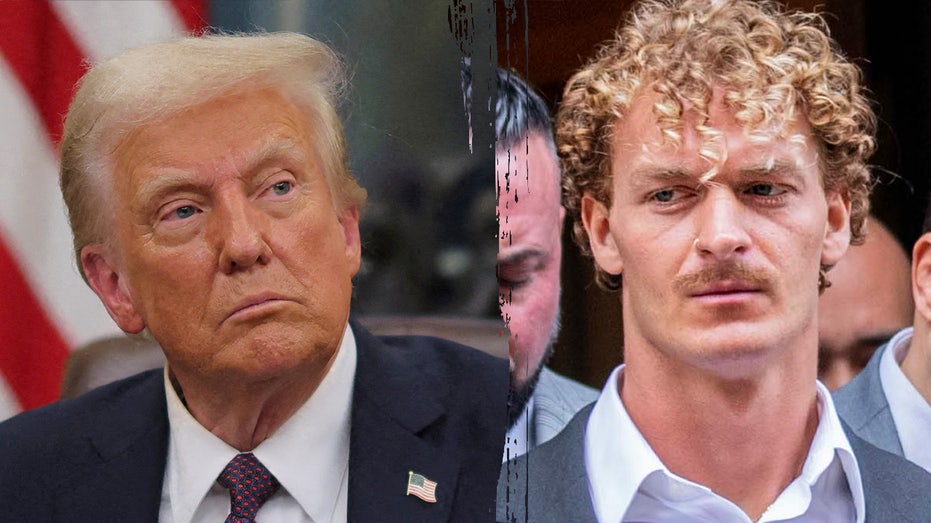


















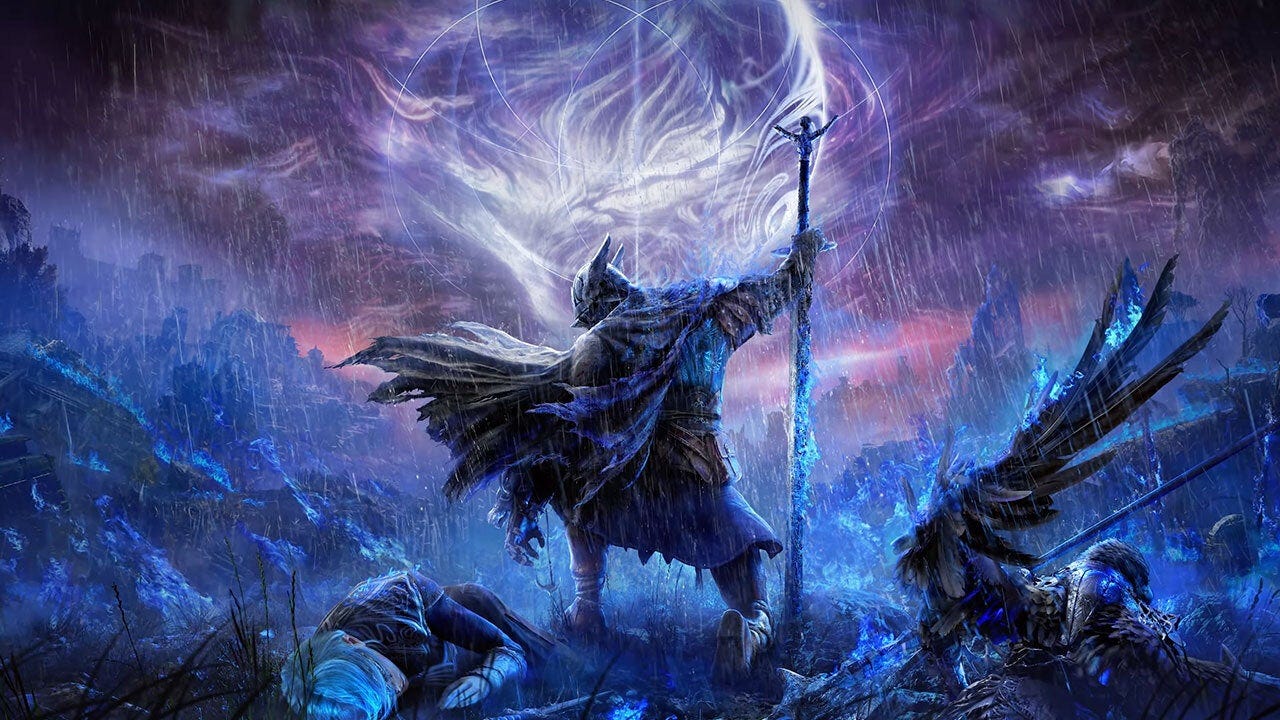
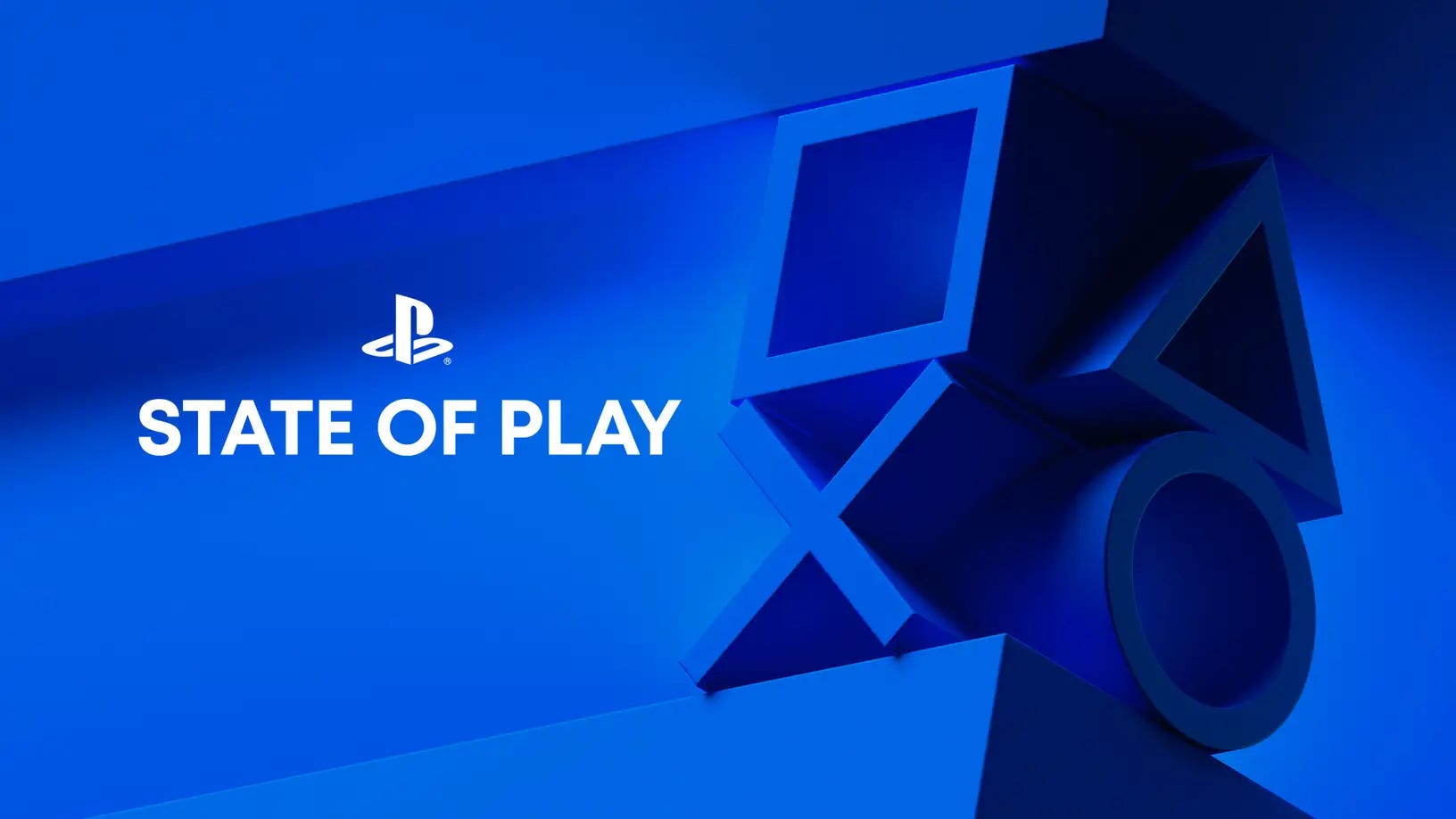
.jpg?width=1920&height=1920&fit=bounds&quality=80&format=jpg&auto=webp#)
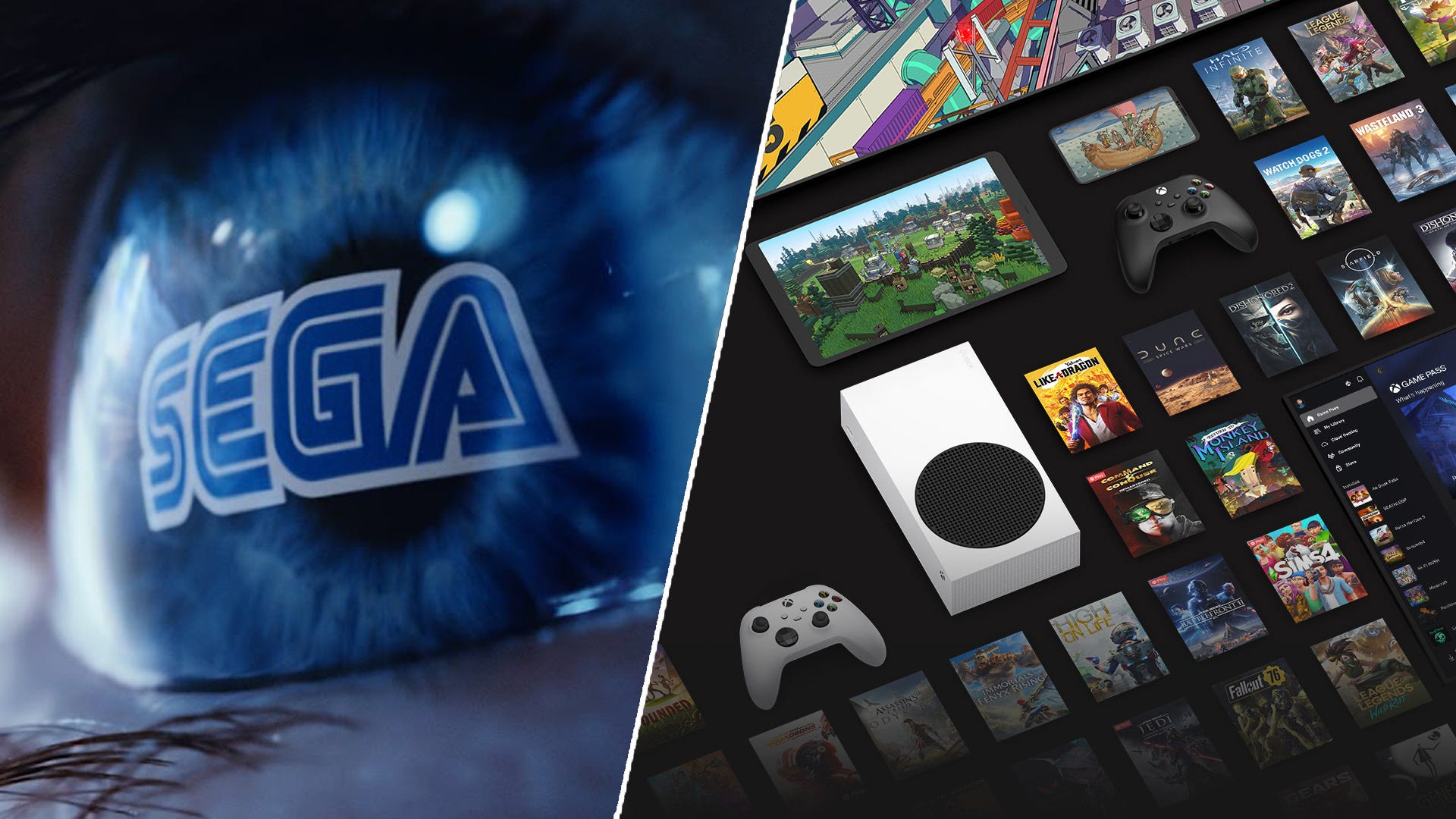












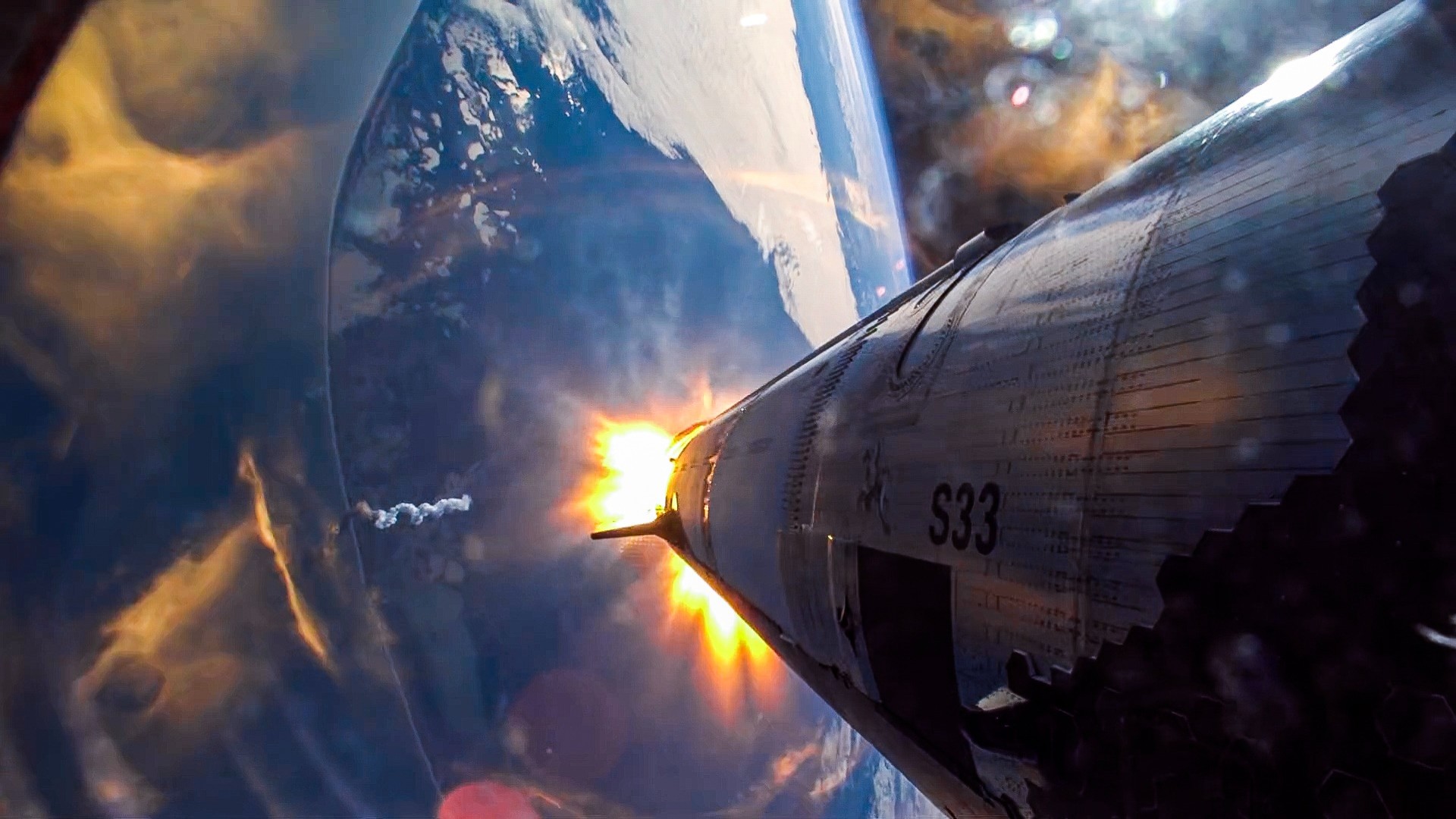





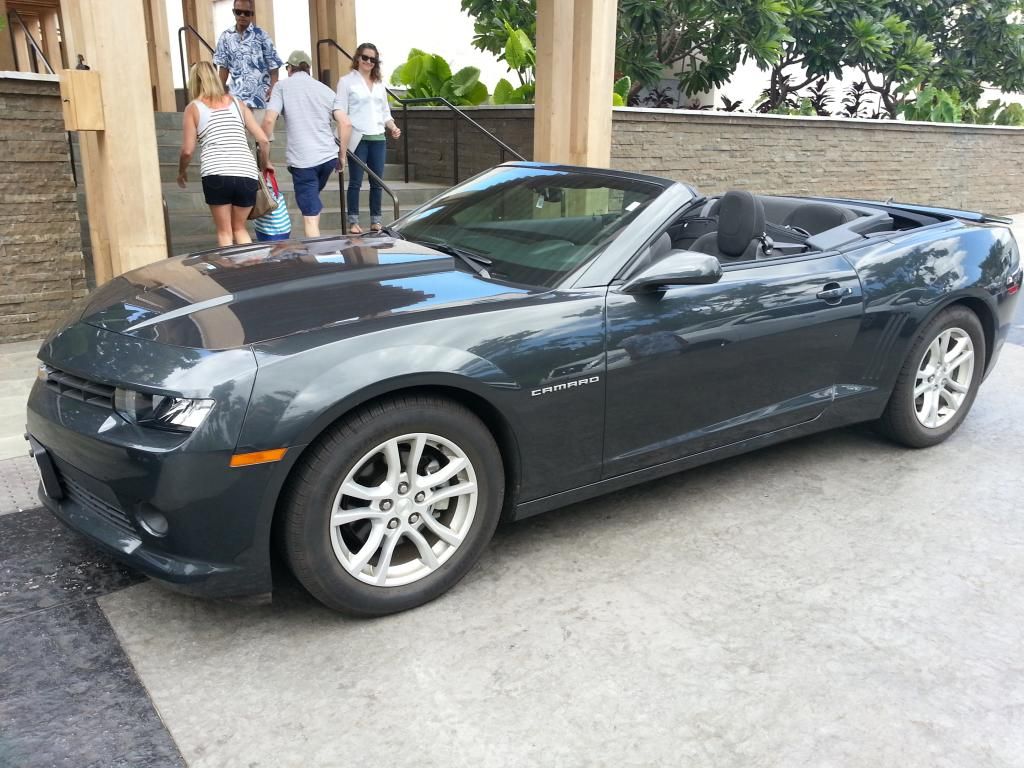
![Gay Catholic United Flight Attendant Axed After ‘Sex Is Unchangeable’ Remark—Raises Enough Money To Sue [Roundup]](https://viewfromthewing.com/wp-content/uploads/2025/02/DALL·E-2025-02-03-08.46.00-A-high-contrast-digital-montage-combining-aviation-Catholic-symbolism-and-legal-imagery___-Central-figure_-A-stern-looking-male-flight-attendant-in.webp?#)
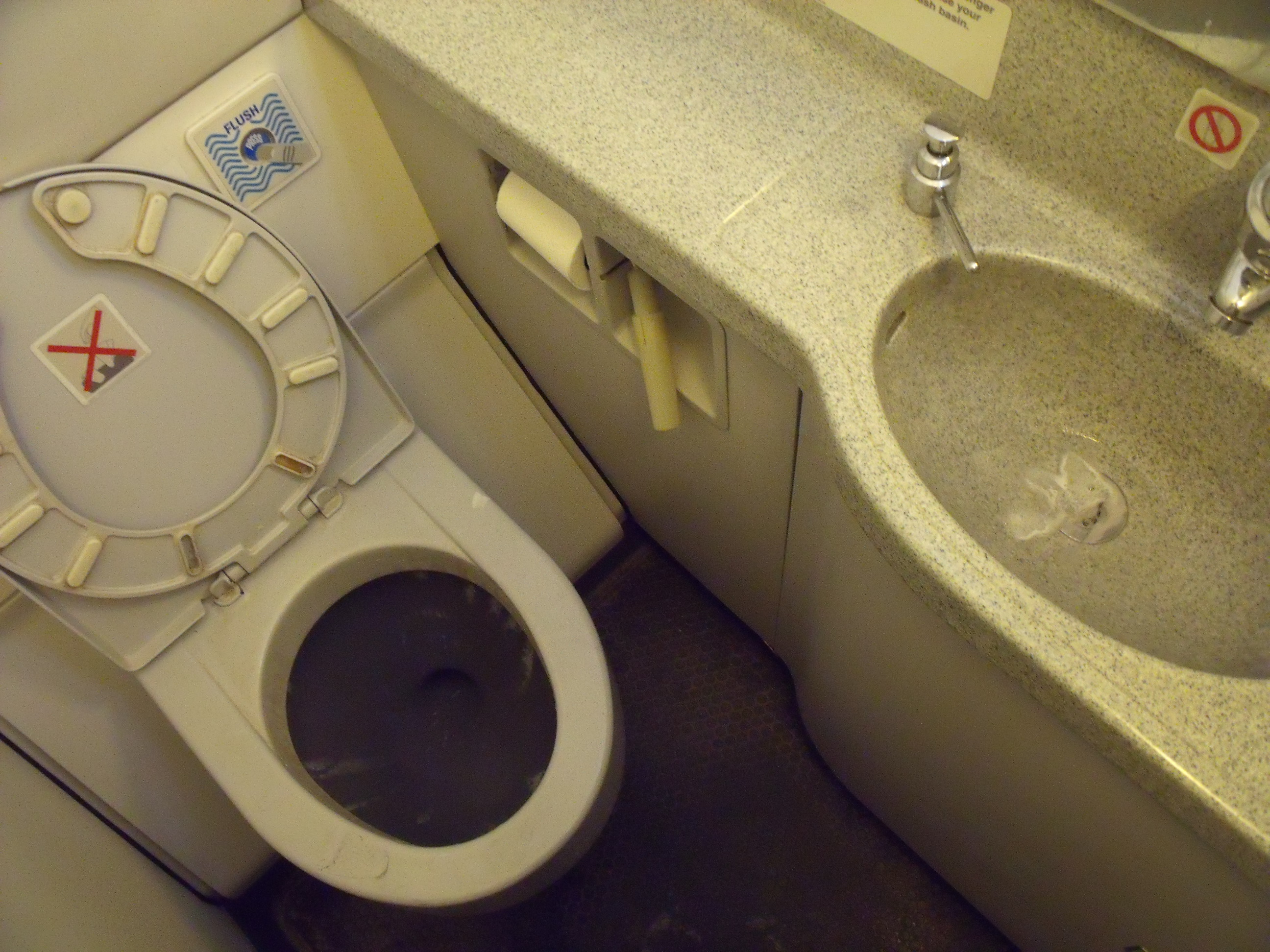











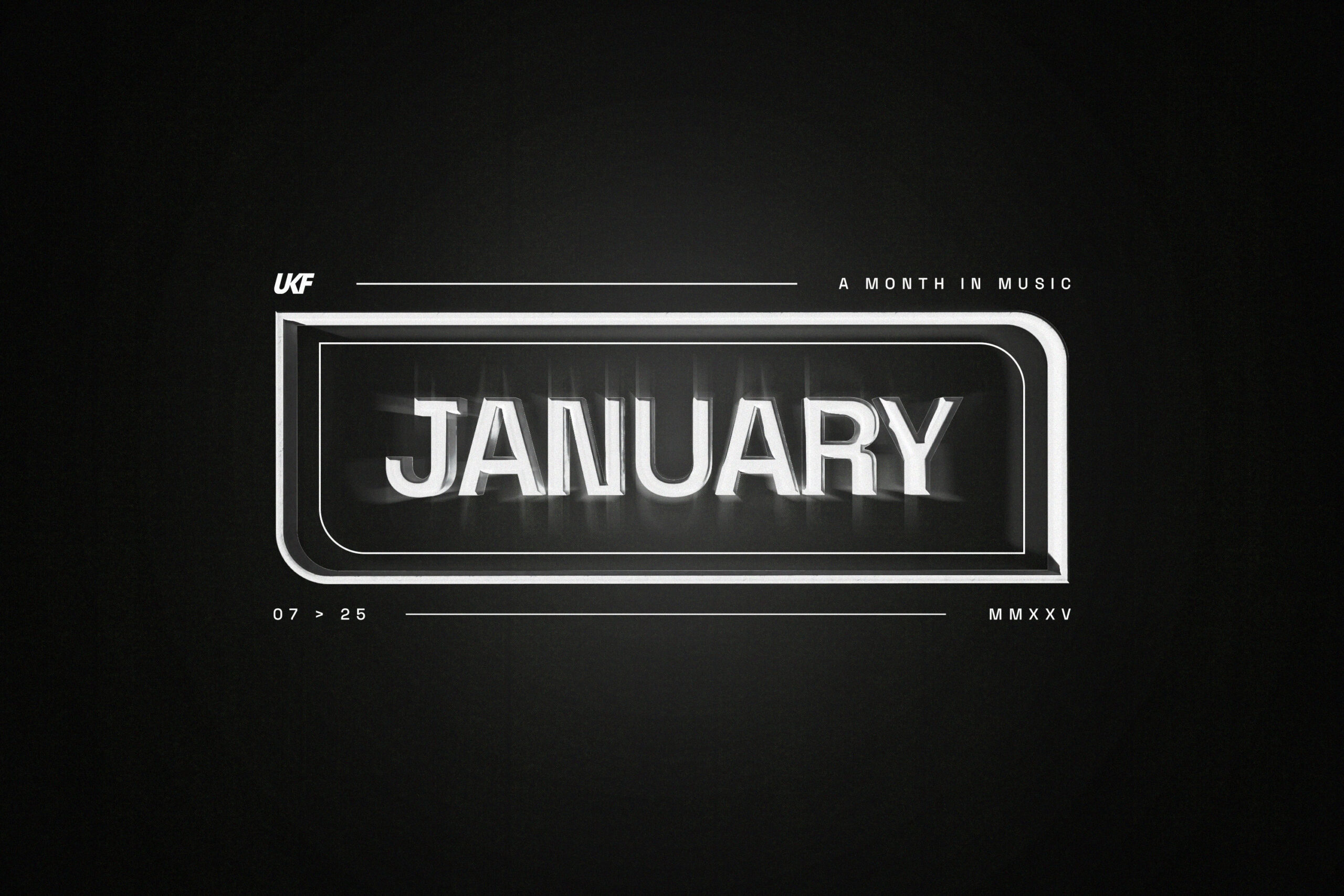











![Comparing and Contrasting Films About Ted Bundy and the Green River Killer [Murder Made Fiction]](https://bloody-disgusting.com/wp-content/uploads/2024/12/Ted-Bundy-1-scaled.jpg)





